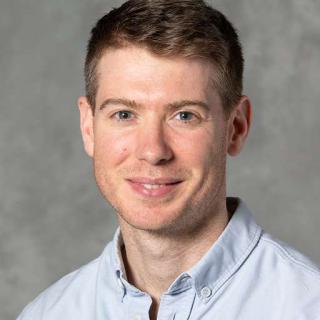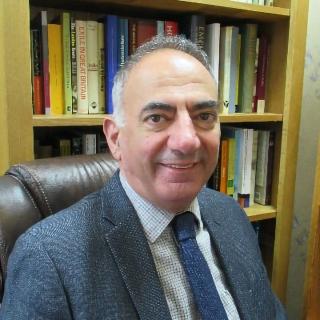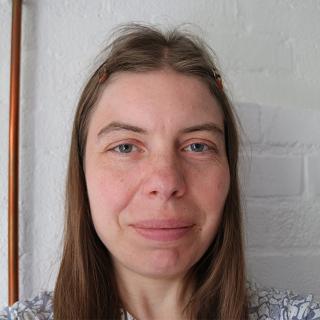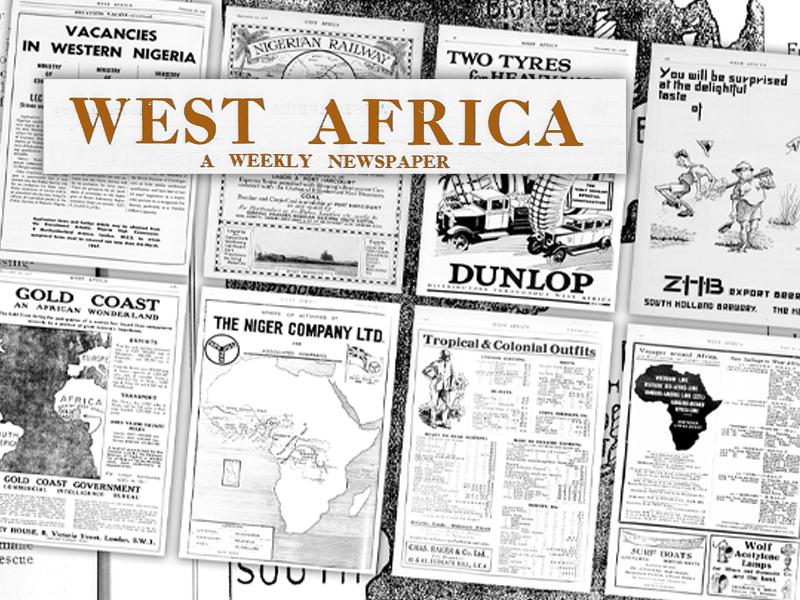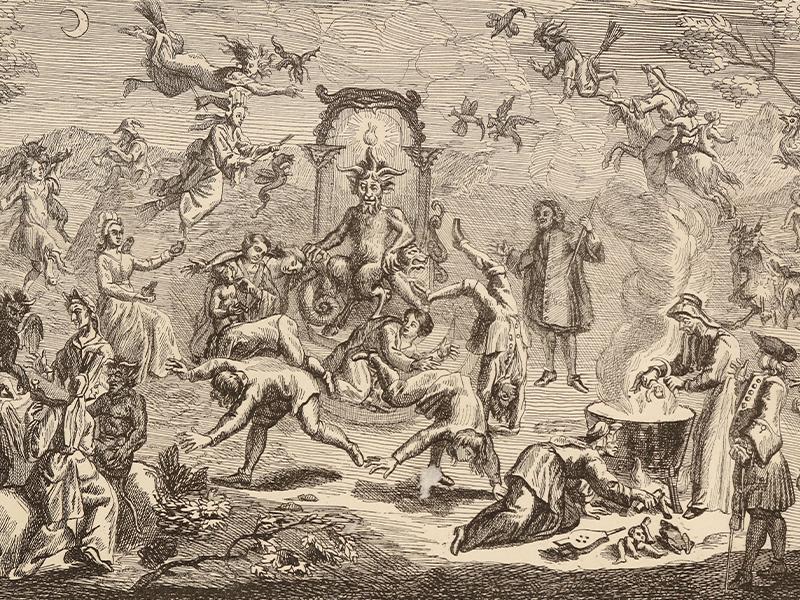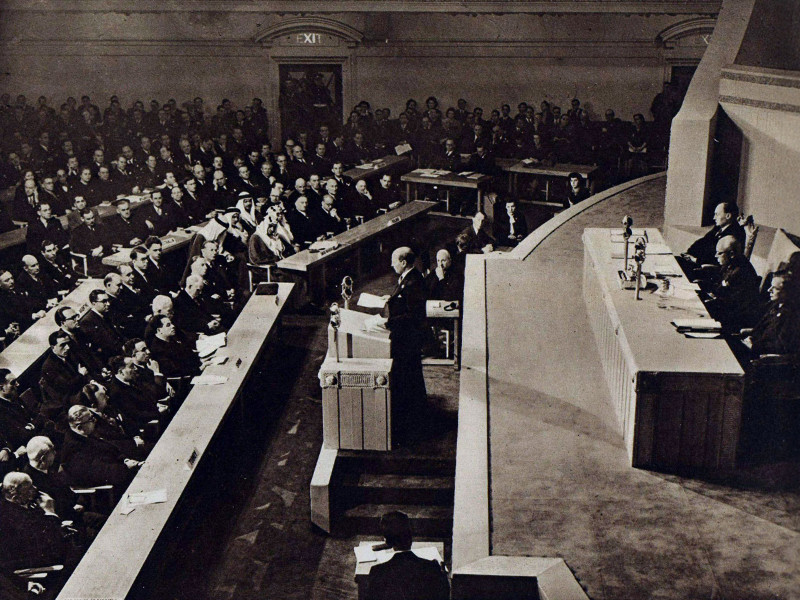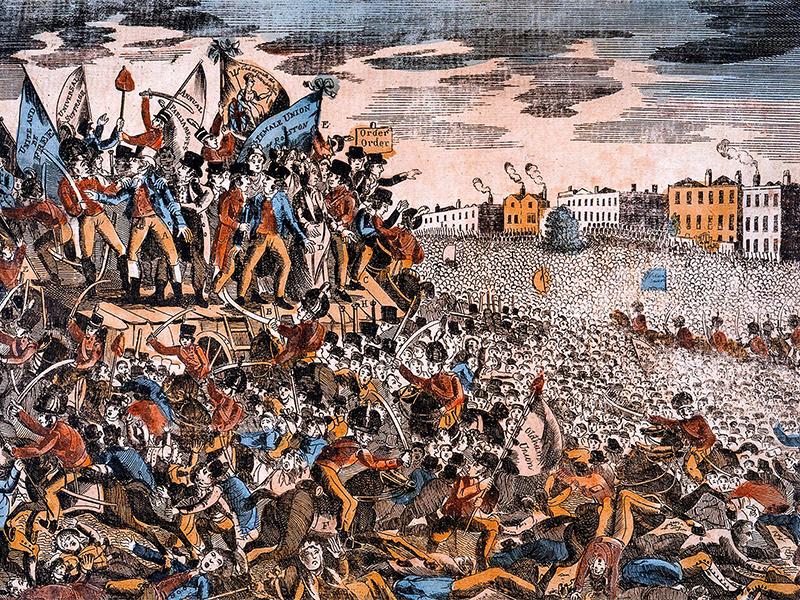
Professor Simon Ball
Chair of International History & Politics
University of Leeds
https://ahc.leeds.ac.uk/history/staff/571/simon-ball
Professor Simon Ball is the Chair of International History and Politics at the University of Leeds.
Professor Ball's research is concentrated on five interrelated themes: the Cold War; the Second World War; the legacy of the First World War; assassination in international politics; and security & intelligence in the twentieth century. He is also the editor of 'War in History' and sits on the editorial boards of 'Intelligence & National Security' and 'Diplomacy & Statecraft'.














_1634737558-320x320.jpg)



_1655889128-320x320.jpg)



























